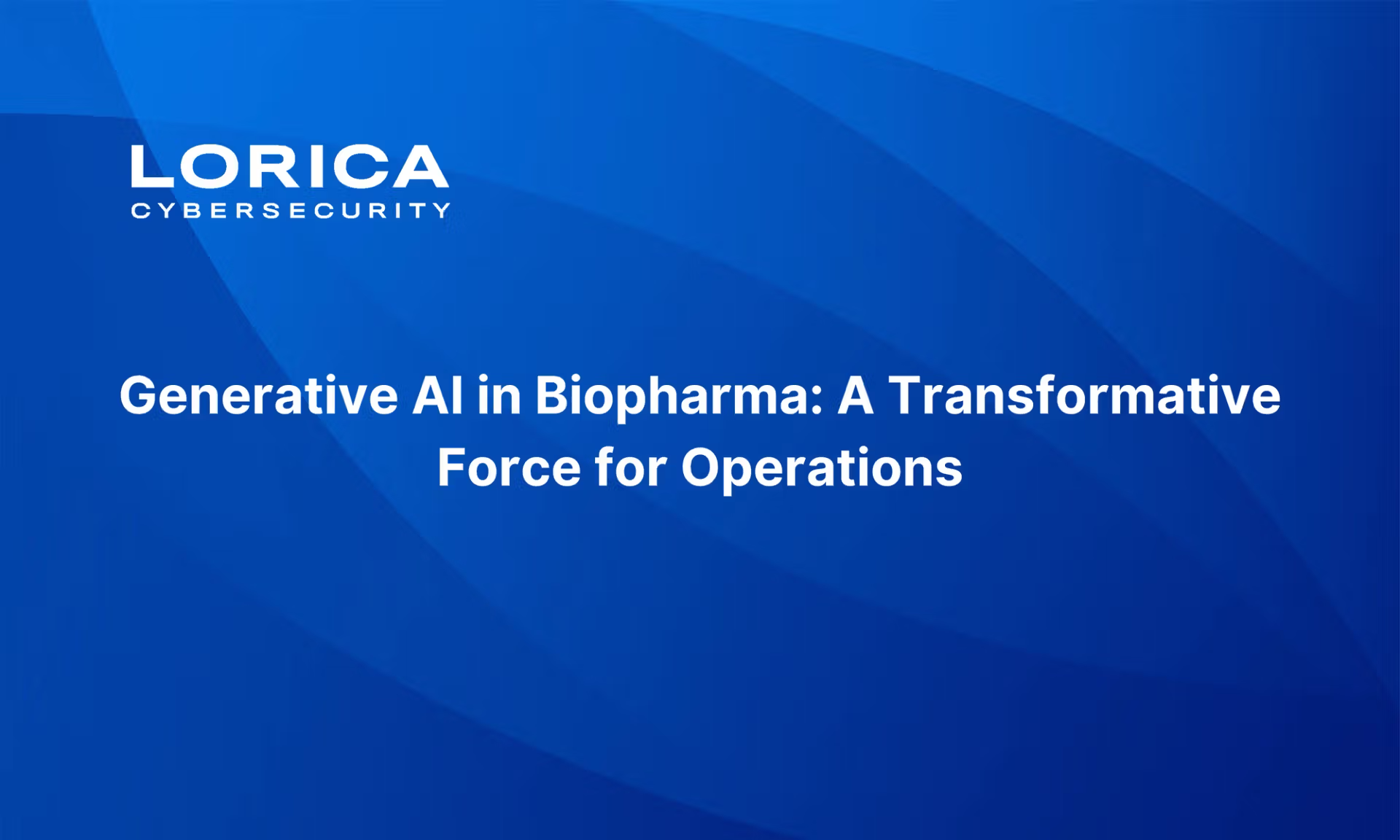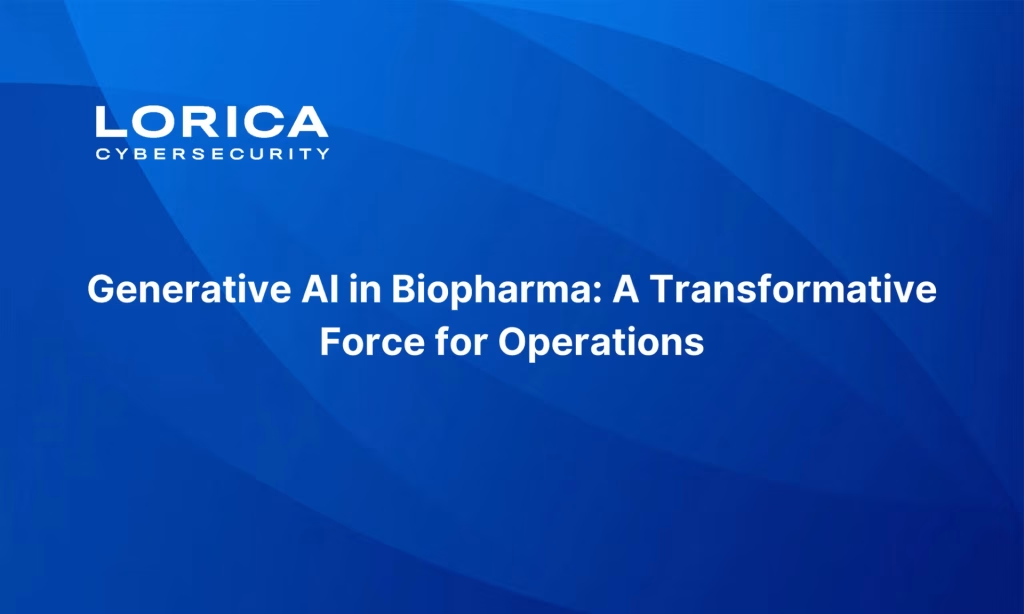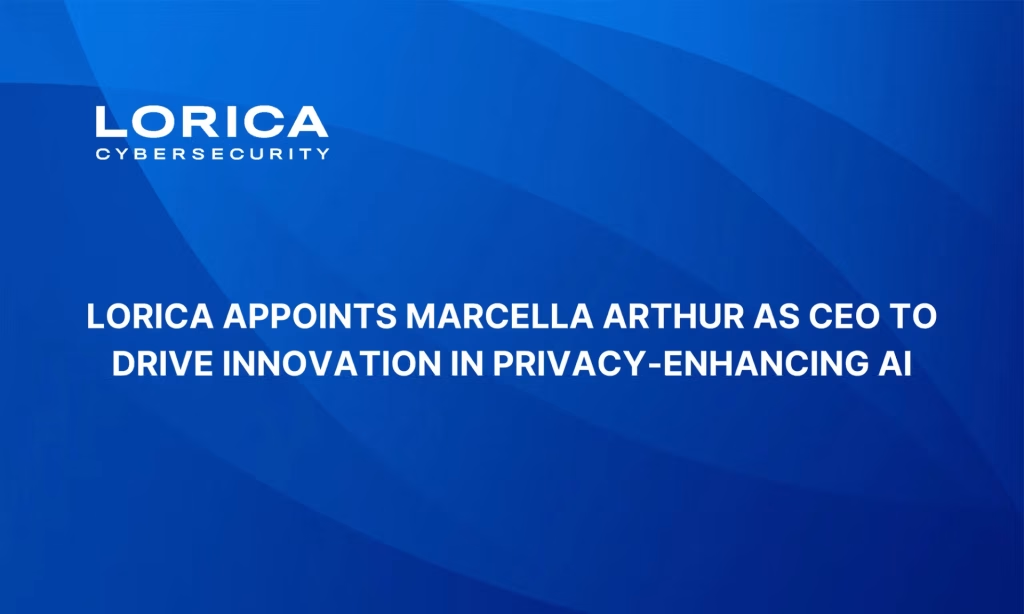Lorica insights
Generative AI in Biopharma: A Transformative Force for Operations
Mar 25, 2025
The life sciences industry is at an inflection point. Biopharmaceutical companies have spent years integrating digital and analytics solutions into their operations, yet many are still grappling with how to extract the full value from artificial intelligence. According to a recent McKinsey report, generative AI (GenAI) has the potential to unlock between $4 billion and $7 billion annually for biopharma operations by improving productivity, reducing costs, and enhancing quality. Despite this promise, few companies have fully realized its potential.

At Lorica, we see this as an opportunity—but also a challenge. While the industry is moving in the right direction, there are still significant hurdles to clear before GenAI becomes a seamless, scalable tool in biopharma operations. The report identifies four critical areas where the technology is already making an impact.
1. Shop Floor Efficiency with AI-Driven Supervision
One of the most time-consuming aspects of biopharma manufacturing is manual reporting, troubleshooting, and team communication. Supervisors often spend up to 40% of their time on these tasks. GenAI copilots can automate shift reports, provide real-time equipment diagnostics, and improve team leadership. Companies implementing AI-driven maintenance support have already seen a 5% reduction in breakdown times and a 30% decrease in execution time.
Our take: These results are compelling. However, AI’s effectiveness will depend on data accuracy, user adoption, and integration with existing workflows. Human oversight remains essential to avoid AI hallucinations and errors in production-critical decisions.
2. Smarter Deviation and Maintenance Management
Deviation management and corrective actions consume 4–6% of a manufacturing site’s resources. Poor deviation handling is a leading cause of 65% of drug shortages, with 15–20% of issues recurring due to ineffective remediation. GenAI tools can assist investigators by identifying patterns, suggesting root causes, and recommending corrective actions.
Our take: AI’s ability to accelerate root cause analysis and reduce deviations by 30–40% could be a game changer. However, AI-generated recommendations must align with regulatory compliance, requiring strong validation processes.
3. Accelerating Product Development with AI-Driven Insights
Bringing new therapies to market is often slowed by fragmented data and inefficient decision-making. AI-powered platforms can centralize and analyze historical data, optimize experimental parameters, and automate documentation, reducing development timelines by nearly one-third and increasing efficiency by 40%.
Our take: Speeding up product development without compromising quality is the holy grail of biopharma. However, organizations need robust governance and risk mitigation strategies to ensure AI-driven insights don’t lead to rushed, suboptimal decisions.
4. Supply Chain Optimization with AI Copilots
Fragmented supply chain data often results in stockouts, overstocking, and operational inefficiencies. AI-powered supply chain copilots can integrate real-time data, predict demand fluctuations, and suggest proactive inventory management strategies. Companies using these tools have reported a 2–3% decline in supply chain costs and a 15% increase in forecast accuracy.
Our take: AI can significantly enhance supply chain resilience, but its success hinges on data quality, cross-functional collaboration, and the ability to rapidly adapt to external disruptions.
What’s Next? A Call to Action for Biopharma AI Adoption
While GenAI holds immense promise, the report highlights critical risks that must be addressed:
-
Regulatory compliance: AI must meet stringent industry standards for accuracy, safety, and validation.
-
Intellectual property risks: Companies must safeguard proprietary data and prevent AI-driven designs from infringing on external patents.
-
Bias and accuracy: AI recommendations must be continuously audited to prevent biases from creeping into decision-making.
-
Human oversight: AI should augment, not replace, human expertise—especially in critical decision-making areas.
At Lorica, we are not just observing this shift—we are leading it. We recognize that while GenAI adoption in biopharma is accelerating, the real challenge lies in deploying, training, and scaling AI solutions securely and privately anywhere. That’s why we are building the most advanced, intuitive, and robust Enterprise GenAI Platform—a solution that ensures organizations can harness the full power of AI without compromising on security, compliance, or operational control.
More details on this game-changing AI platform will be announced soon, but our vision is clear: We are setting the new standard for enterprise GenAI deployment in biopharma and beyond. Companies that act now—strategically, responsibly, and with the right AI foundation—will not just optimize their operations but also define the future of healthcare innovation.
If you’re ready to take the next step in AI-driven transformation, connect with us at info@loricacyber.com—the future of biopharma is here, and it’s intelligent, automated, and built with security at its core.


